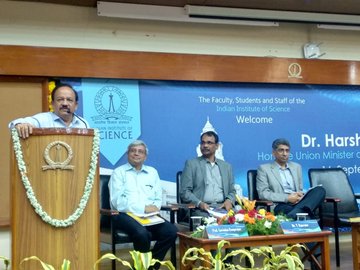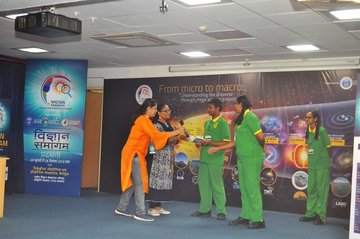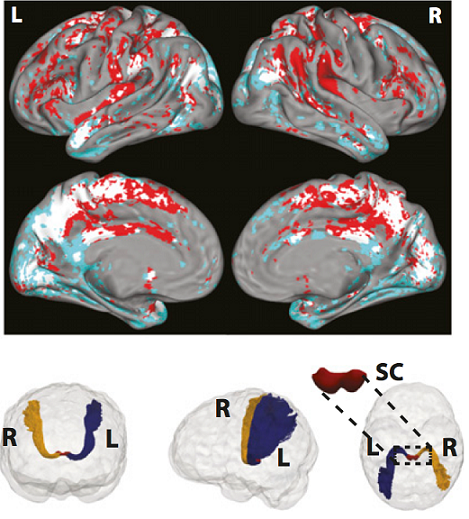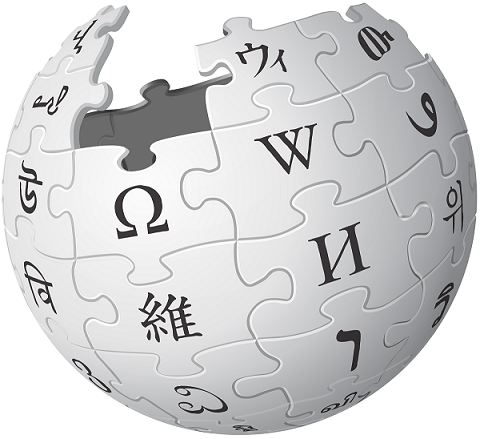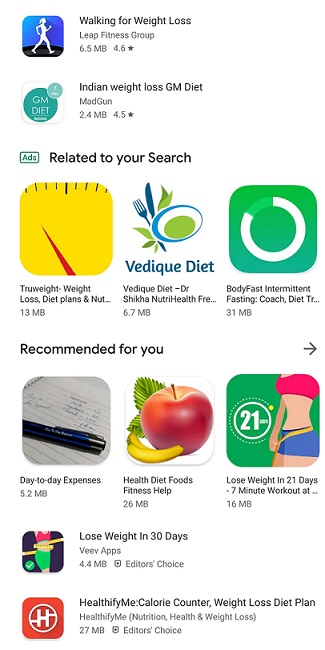
Food, nutrition and health-related decision making in urban areas is increasingly becoming digital. People order food through apps, seek health related advice online, keep a track of their physical activity via digital devices and so on.
But not all health and nutrition information being dished out on digital platforms and mobile apps may be reliable, as scientists at the Hyderabad-based National Nutrition Institute (NIN) have found in the case of calorie-counting or weight loss apps available on smartphones.
A scientific assessment of the quality of information provided in 20 top ranking weight management apps available in Google Play store and their use by a set of volunteers revealed that most of apps did not provide authentic information and had no significant impact on weight or eating behaviour of those participating in the study.
The apps selected for the study claimed to calculate both calorie intake and expenditure, were available in English language and free to download. The apps were ranked according to their popularity in the app store, based on the number of downloads and user ratings. The first three most popular apps were selected for the first phase of the study. The effectiveness and user perceptions of these apps were noted.
In the second phase, the quality of information provided by all 20 apps was examined using a 55-point scale which was modified for Indian conditions. Of them, 13 apps scored below 70 percent on this scale. It was found that practices such as consumption of high fibre fruits and vegetables, limiting saturated fatty acids were encouraged by only 40 percent of the apps. Regular physical activity was promoted by only half the apps ranked in the study. While all of them kept track of weight change, waist-to-hip circumference was included in just 25 percent.
Most of the apps did not provide authentic information and had no significant impact on weight or eating behaviour of those participating in the study.
A set of 30 healthy, young adults with a body mass index (BMI) of 23 kg/m2 or above, willing to reduce weight but not undergoing weight loss programme was included in the study. They were told to download an app of their choice and track food intake and physical activity on a regular basis for eight weeks. Another set of healthy adults with a similar BMI followed their routine lifestyle.
At the end of the study period, no significant change was noted in both the groups in terms of weight and other parameters, but those using the apps indulged more in intentional physical activity and ate less of sweets and deep fried snacks.
“Participants mentioned confusion with portion sizes, unavailability of data of commonly consumed foods or burden of manual entry as major deterrents for usage of the apps. The only positive impact seen was an increasing trend of physical activity which was probably an effect of motivation to be active because of the ‘pedometer’ feature. It does not require manual entry and can automatically track exercise of users,” pointed out researchers in their study published in Health Informatics Journal.
“If a person uses all the 20 apps, he or she will get 20 different kinds of suggestions while might be highly confusing. This is because these apps do not use authentic and scientifically approved data and do not take into consideration important determinants of calorie requirement such as the user’s activity levels,” pointed out SubbaRao M Gavaravarapu, who led the study, while speaking to India Science Wire.
The study team included Paromita Banerjee, Damayanthi Korrapati, SubbaRao M Gavaravarapu (National Institute of Nutrition, Hyderabad); and Vishnu Vardhana Rao Mendu (National Institute of Medical Statistics, New Delhi).
India Science Wire



